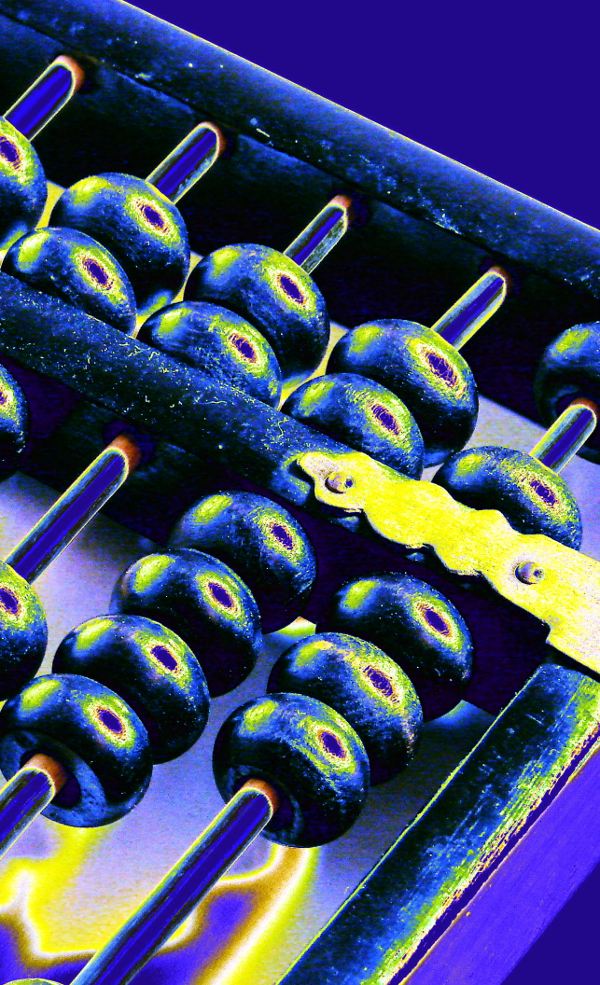Liberty laments APRA expansion
 Non-bank lender Liberty Financial has described the APRA expansion plans as “overreach”.
Non-bank lender Liberty Financial has described the APRA expansion plans as “overreach”.
Treasurer Scott Morrison has been pushing plans to allow the Australian Prudential Regulation Authority (APRA) to regulate the shadow banking sector.
Non-banks – those that do not take deposits - are currently governed by ASIC, whose role includes monitoring lenders’ adherence to responsible lending laws.
But there are concerns that new APRA limits, including a 10 per cent cap on investor property loans and a 30 per cent limit on interest-only loans, are pushing prospective borrowers over to the non-deposit-taking institutions that sit outside the prudential regulator’s remit.
Supporters of the stronger regime say not including non-banks could undermine attempts to limit riskier lending.
“There is legislation to extend APRA’s reach from ADIs to non-ADIs. We think that’s an overreach,” Liberty chief James Boyle said.
“We’re already regulated by ASIC. We have a general insurance licence, which means we are regulated by APRA. We think the macro-prudential intervention has been effective and we’re already seeing the benefits of that as an economy.
“Frankly, we don’t believe the non-bank community is a threat to financial stability, which is the justification being used to extend APRA’s oversight.
“We are regulated both by ASIC and APRA. We don’t believe we are operating in any shadows, for the record,” Mr Boyle said.
Liberty booked a profit before tax of $74 million over the past year, which included a substantial increase in lending activity of 48 per cent.
Liberty gets almost 3 per cent of all loans written by brokers, putting it on similar ground to ING Direct, AMP Bank and Macquarie Bank in terms of share of the broker loan market.
Liberty was established as the first subprime lender in Australia 20 years ago, and now specialises in loans to non-conforming borrowers that cannot pass credit checks at other banks.
More than a quarter of its annual lending goes to non-conforming loans.
Mr Boyle says the new rules could force Liberty to consider taking deposits, which would make it a bank.








 Print
Print